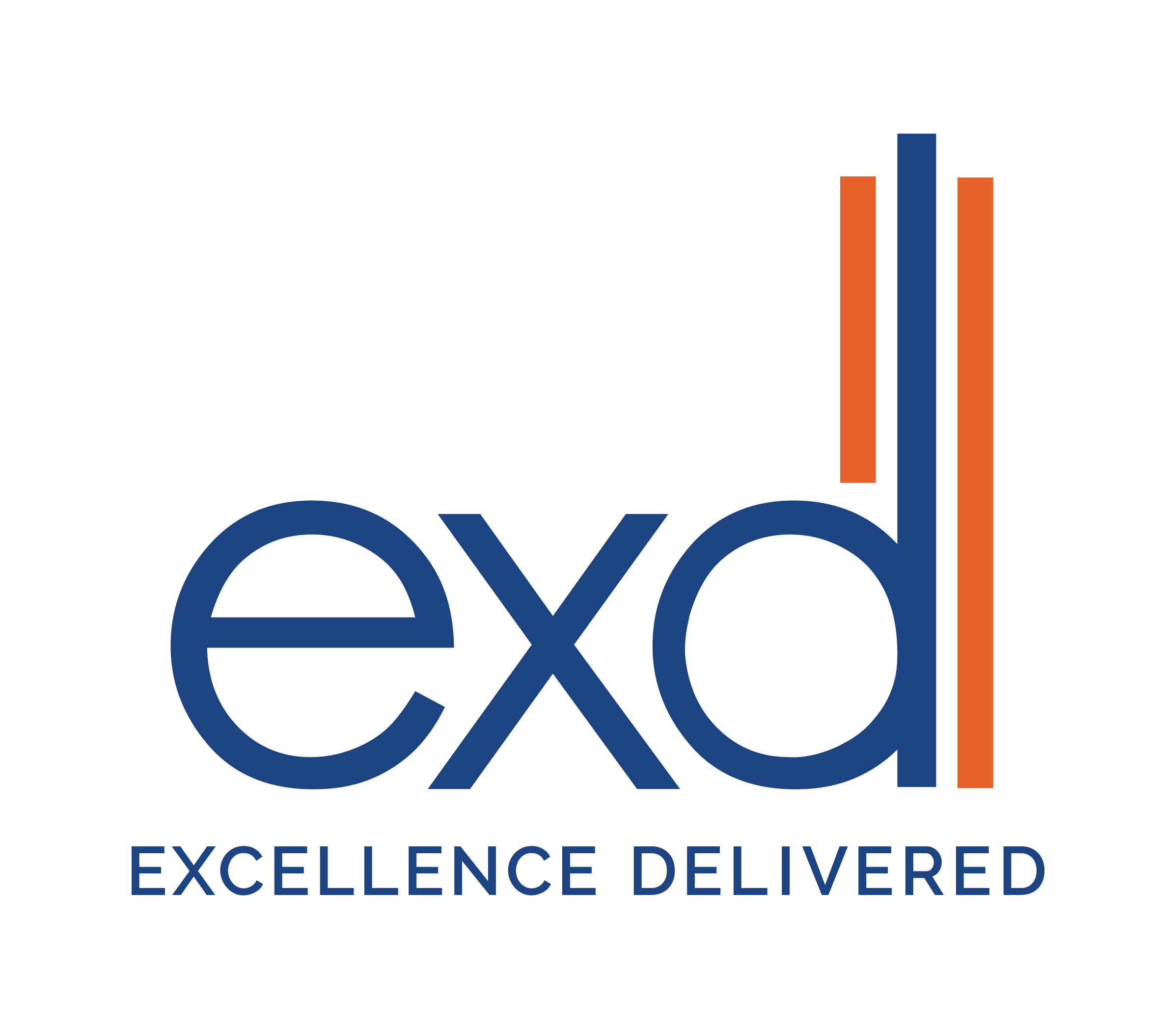Financial Service companies make the world go round. ExD has vast experience in implementing financial management, HCM, Procurement, and other solutions at banks and other financial service organizations. ExD has a prominent footprint in the financial sector, having worked with some of the most prestigious banks in the country such as MCB, Allied Bank, Faysal Bank, National Bank of Pakistan, Almutlaq Group, and Fidelity Investments.

